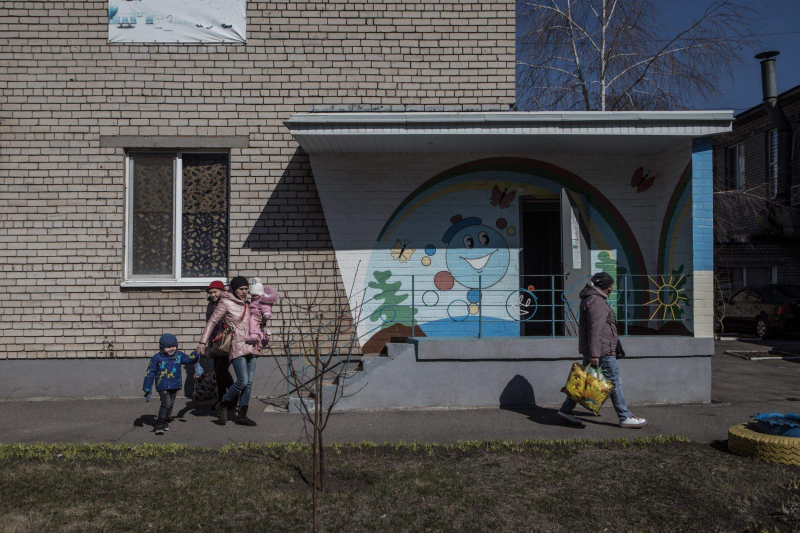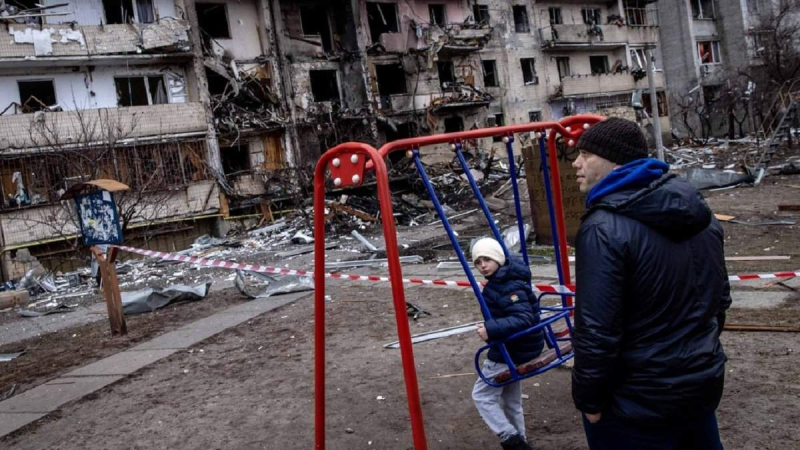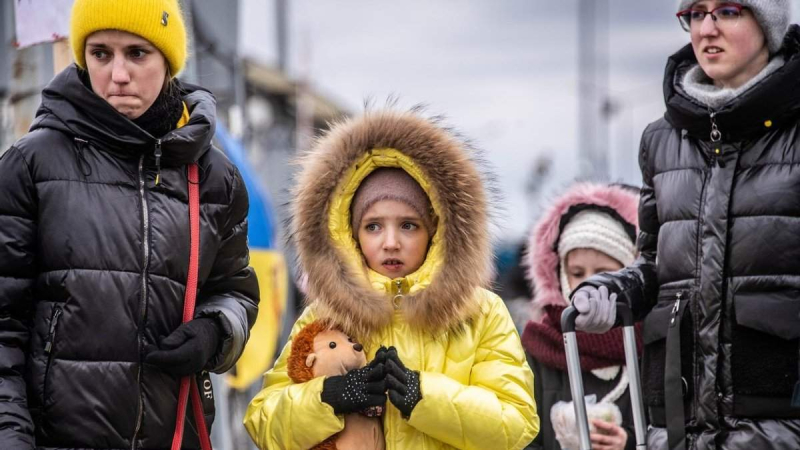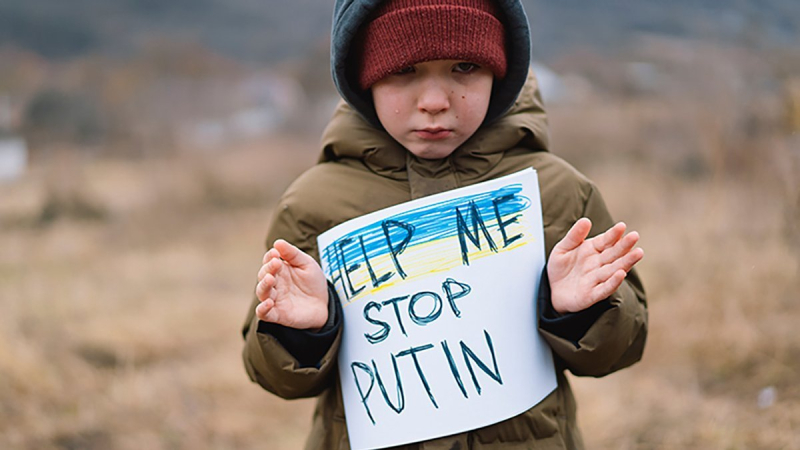
War should not be hushed up in conversations with children/Depositphotos
Children are always one of the most vulnerable categories. They need protection and special care because they cannot take care of themselves like adults. Therefore, during the war, it is especially difficult for children and their parents.
Now there is no confidence in the future, emotions are running high, and it is quite difficult to explain everything that is happening around. How to talk to children about war and death, whether it is necessary to hush up the details and how not to injure the child's psyche – read the material on the 24 channel website.
How to talk to children about the war
In any case, parents need to remember that it is necessary to talk with children about the war. It is impossible to hush up what is happening around, because this will only give the child more fear.
Vera Romanova, candidate of psychological sciences, is sure that children need to be told how everything really is. Because when adults talk to each other, their whole fantasy turns on. You need to understand that their whole world is still focused on the safety of their parents.
Information should be provided in accordance with age, you can try to give a different interpretation of fairy tales already familiar to the child – add new characters or present them differently. For children under 8 years old, it is very good to use the opportunity to fashion such figures from plasticine, or finger games, or shadow theaters. But the shadow theater can be used when the children were not in the combat zone and under shelling, Romanova noted.
The same is confirmed by UNICEF. They note that children from the earliest, preschool age, have the right to know what is happening in their country, but adults must protect them from dangerous content.
You need to communicate with children in a language they understand, through fairy tales and stories, where , for example, the Cossacks fought against evil, defended their land (“Kotigoroshko”, “Magic stories about the Cossacks”, etc.).
During a conversation, you should monitor the reactions of the child and be sensitive to his level of anxiety. It's okay if you're very worried about what's going on, but remember that children take emotional cues from adults, so try to keep your emotions in check.

Children feel the anxiety of their parents, so keep your emotions under control/Photo by Getty Images< /em>
It is worth talking about media hygiene and media literacy. This does not mean that children should not watch Instagram, Telegram, Facebook. Because children aged 10-12 are already sharing these videos, which we see on social networks. But you need to remind the child that he can discuss with you at any time the information that he sees. Then the children will check this information, they will ask you to clarify whether this is true or not. And do not dismiss them, because you need to talk with the child at the moment when he has a question, Romanova noted.
UNICEF advised to turn off the news for children of preschool or primary school age. News content is currently traumatic for them, can cause a lot of anxiety and increase anxiety and fear.
Also consider how and what you say about the situation with other adults, especially when the child may hear or be present during talk time. Try, as much as possible, to do relaxation exercises, play games, watch cartoons or read fairy tales together in the evening instead of watching the news with your children.

It is worth limiting the consumption of news/Photos of the OPU
The expert advised asking the child about what he feels and thinks about the information received – you need to convey to the child that it is important for you to hear his opinion. Remember that any new content for children is traumatic, so make sure they watch the same cartoons and movies they have already seen.
If we are talking about teenagers, then we can use watching the news with them to discuss their feelings, what is happening in the country, the community. Do not restrict children from playing computer games. Because even the very minecraft is an effective therapy. Therefore, in war such prohibitions are not relevant. If you have children of different ages, submit information in accordance with their age, consider this, Romanova recommended.
How to talk to children about death
Vera Romanova clarified that neither death nor war should be hidden from children, because these are real events. The only thing is to always evaluate the situation and actions, and not the personality of the rashists who came to our land.
Regarding death, if it concerns a loved one, it may be necessary to experience the loss with a psychologist. If these are strangers, then children, even teenagers, treat death as something unknown to them. So all this needs to be explained. If the child has already seen death, do not traumatize him with your own explanations, contact specialists, there are many crisis services that help in such situations, the psychologist added.
UNICEF reminded that as the war continues and news of military events surrounds us from everywhere, continuing non-stop, it is difficult to focus on something else. At the same time, parents are the most important people and guide for their child, and it is extremely important for him that they are interested in events from his life.

It is important for children to feel supported/Photo by UNICEF
Continue to monitor the child's condition, ask from time to time: “How are you doing?”, “How are you feeling?”, “What's new with you? Do you know how things are with … (friend's name /friends of the child?”, “Do you have any questions that you would like/would like to discuss?”.
What you should never do when talking with children:
- Ignore questions and say that you are busy and do not have time. You need to answer the child’s questions when they arise. Because there can be much more fears that the child is unnecessary, and even in a state of war. And the child will not know when these ask questions.
- Ignore the child's feelings. Like saying that it's hard for everyone, etc., do not generalize. When a child complains about a feeling, it's better to say that you understand him.
- Put your feelings and emotions onto your child.
- Remind that your child is lucky, but others are not, and they find themselves in such situations.This scares children a lot.
< /ul>

